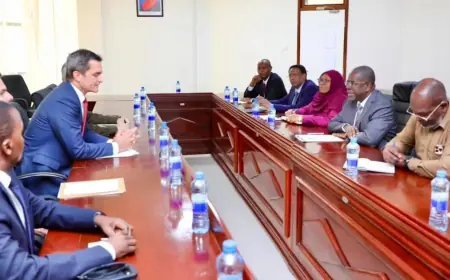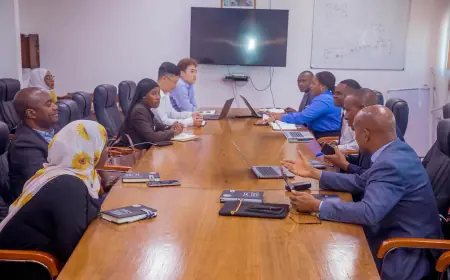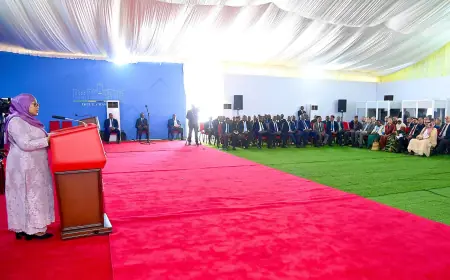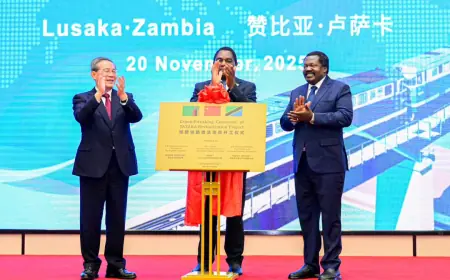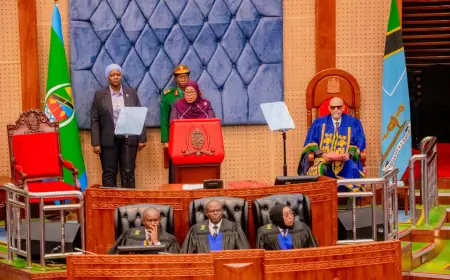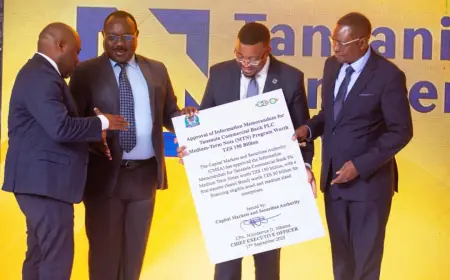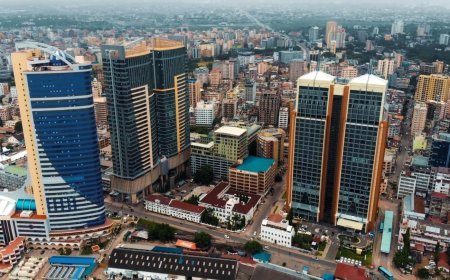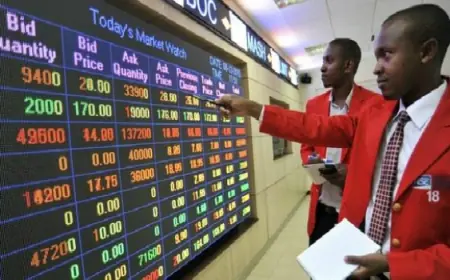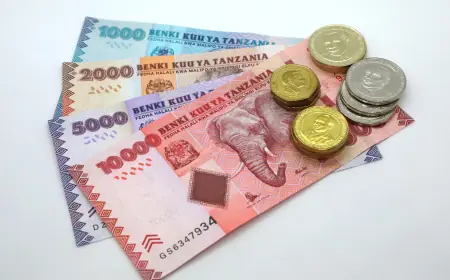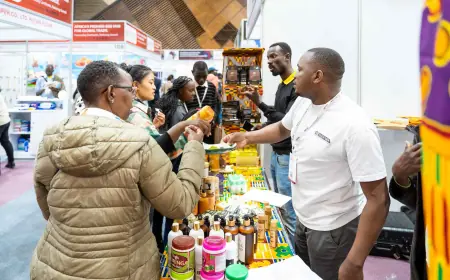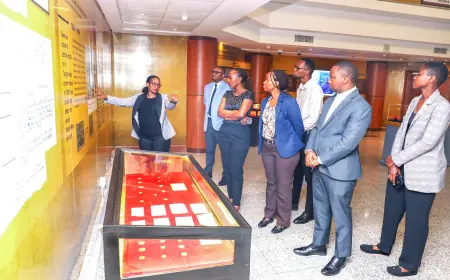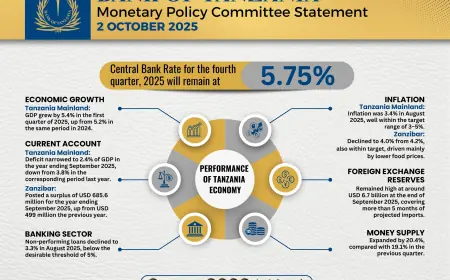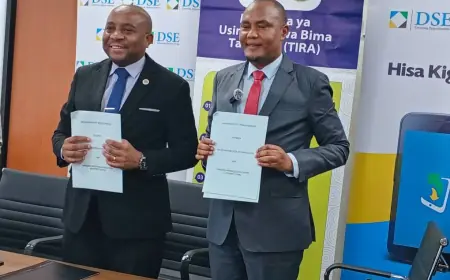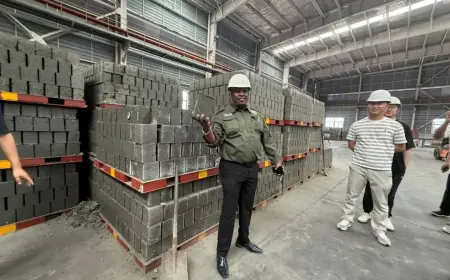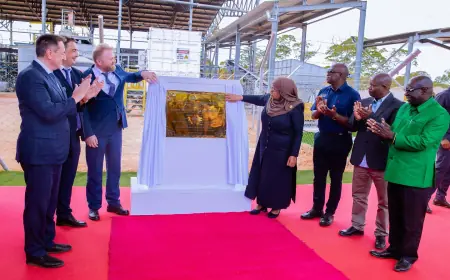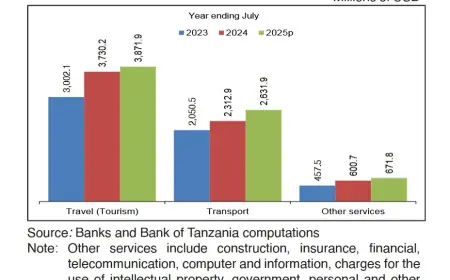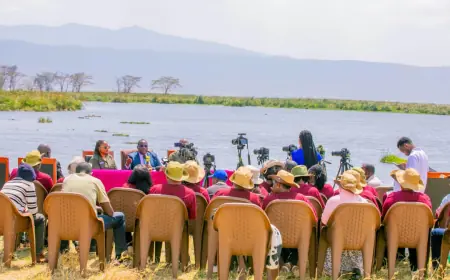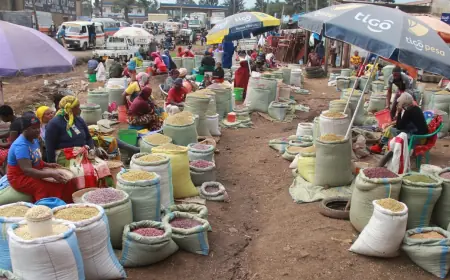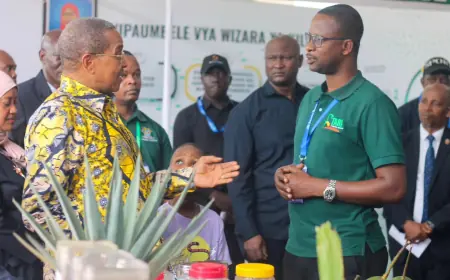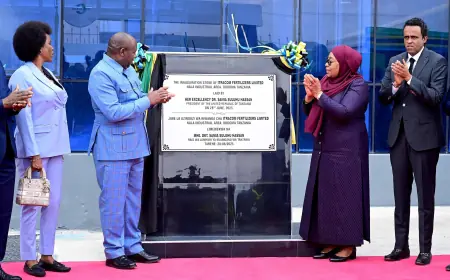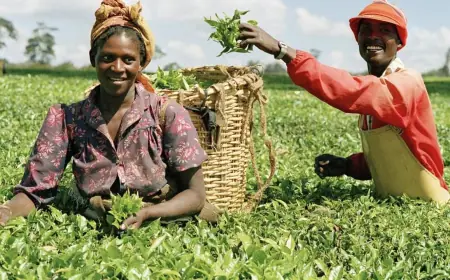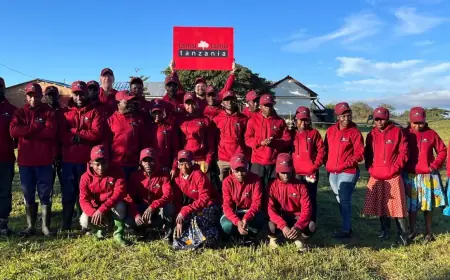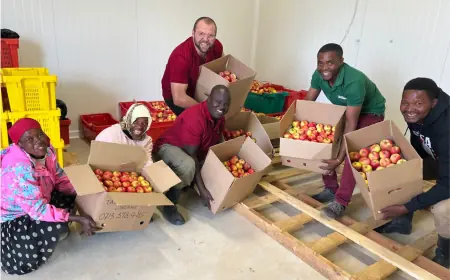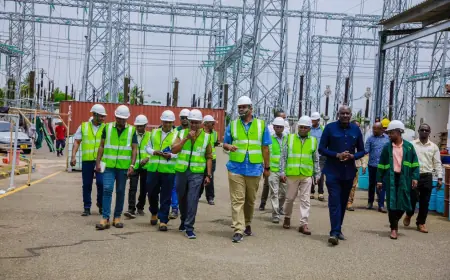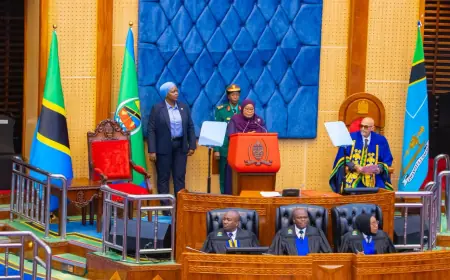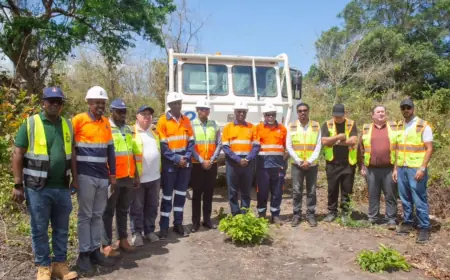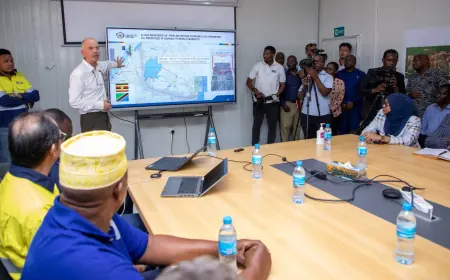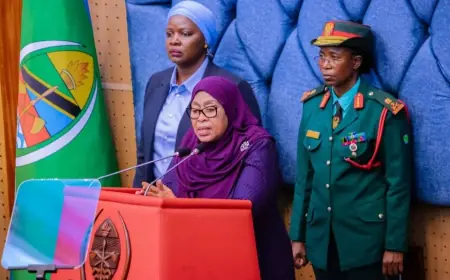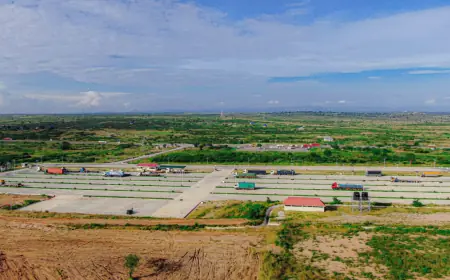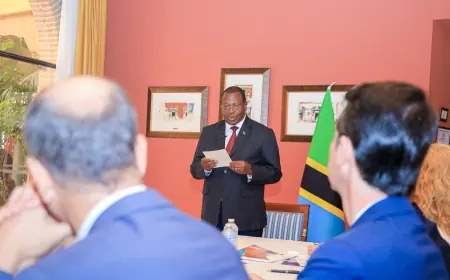TIC seeks to transform Kariakoo traders into investors, amidst foreign competition
Faced with increasing foreign control in retail, particularly in Kariakoo market, the Tanzania Investment Centre (TIC) has launched a programme to help local traders become investors in manufacturing, aiming to boost Tanzanian economic empowerment and address issues like the misuse of local credentials by foreign businesses, ultimately seeking a more balanced and citizen-driven economy
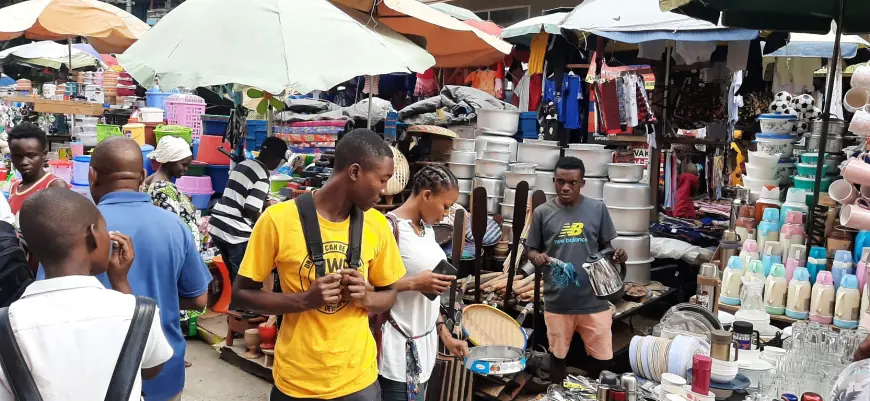
Dar es Salaam. In a decisive move to bolster local enterprise and address mounting concerns over foreign dominance in retail sectors, the Tanzania Investment Centre (TIC) has unveiled a transformative initiative aimed at transitioning Kariakoo traders from hawks and merchants to full-fledged investors.
This strategic endeavour seeks to reposition Kariakoo, Dar es Salaam's bustling commercial nucleus, as a crucible for industrial wealth creation.
The move also aligns with the government’s broader economic empowerment agenda and recent regulatory reforms aimed at rebalancing local and foreign participation in the economy
TIC Executive Director, Gilead Teri, said that the programme seeks to support local traders to graduate from commercial trading to industrial production.
Speaking during a sensitisation meeting at Kariakoo with traders on May 16, 2025, he said the initiative would provide Tanzanian traders with technical and procedural support to access investment opportunities.
“Many of you are eligible to become investors through your own industrial establishments,” Mr Teri told a packed hall of Kariakoo entrepreneurs.
“This is why we are bringing TIC closer to you — to simplify the process and show you that you, too, can be part of this country's industrialisation drive.”
According to Mr Teri, many traders in Kariakoo have the required capital and market knowledge but lack information on how to navigate investment frameworks.
The Centre had already engaged with more than 100 traders during the first phase of the outreach programme, which will be conducted monthly in the Eastern Zone as part of a sustained nationwide campaign.
Mr Teri identified five key sectors brimming with potential for local investment: construction materials, household items, garments and cotton-based products, agro-processing, and wood-based industries.
TIC will assist interested traders in company registration, registering their investment projects, obtaining industrial plots in designated areas, compliance with investment regulations, and navigating relevant tax and regulatory incentives under the Tanzania Investment Act.
The Centre will also link traders with relevant financing institutions
A Response to Mounting Concerns
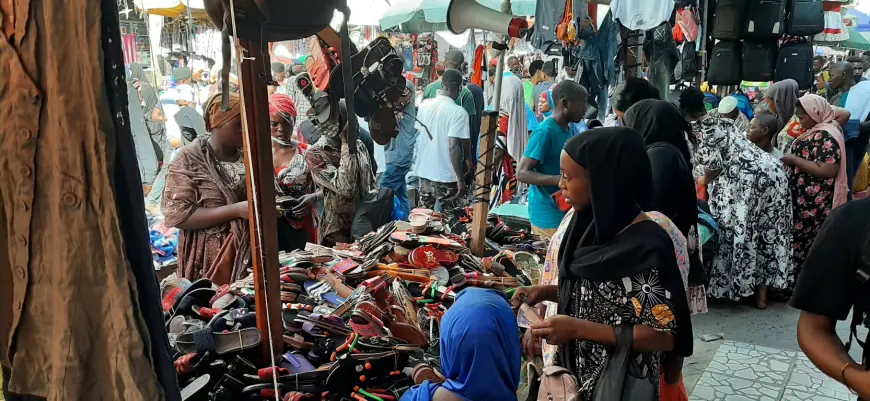
The TIC’s move comes amid growing public pressure on the government to restore Tanzanian dominance in retail and small-scale business sectors, which have increasingly come under the control of foreign nationals, particularly Chinese traders.
In recent years, Tanzanian markets — including the Kariakoo hub — have seen an influx of foreign-run wholesale and retail shops.
These businesses often import cheap goods directly from China, bypassing local distributors and undercutting local prices.
In many instances, they have established a competitive stranglehold over sectors such as electronics, motorbike sales, and spare parts distribution — traditionally dominated by Tanzanian entrepreneurs.
A ministerial report submitted in March this year by a 15-member committee formed by the Ministry of Industry and Trade confirmed widespread misuse of Tanzanian identity credentials by foreign traders, allowing them to illegally operate in sectors reserved for citizens.
The committee also uncovered tax evasion, regulatory loopholes, and debt accumulation under fraudulently acquired local identities.
In response, the Business Registration and Licensing Agency (BRELA) and the Ministry of Home Affairs had begun revising legislation and licence issuance procedures to delineate clearly which sectors are reserved for Tanzanians.
Stakeholder Support and Trader Perspectives
The Chairman of the Kariakoo Traders’ Association, Mr Severin Mushi, endorsed the initiative, calling it a step forward that would enable traders to progress from one business level to another.
However, he appealed to TIC to consider reducing the current registration fees to encourage broader participation among local traders.
Another trader, Mr Johnson Minja, urged TIC to establish a formal registry to identify businesses operating within Kariakoo and categorise them by industry.
He proposed that this information be used to involve local traders directly in joint investment ventures with incoming investors.
He further stressed that if this proposal is executed effectively, Tanzanians should be given priority so that the benefits of investment flow directly to citizens.
“We have been waiting for this kind of support for years,” said Abdul Rajabu, a wholesaler of motorbike spare parts.
“Many of us have been affected by foreign competition, and this gives us a way to fight back and grow.”
The Kariakoo initiative is expected to be replicated in other regions facing similar challenges, including Mwanza, Mbeya, and Arusha, where local traders have raised similar concerns about being pushed out of business by foreign-run enterprises.
Next Steps
Mr Teri said the Centre will continue to work with the Ministry of Industry and Trade and other stakeholders to implement long-term solutions that favour citizen-led investment.
“This is not just about protecting traders,” he said. “It’s about building a Tanzanian economy that is resilient, inclusive, and driven by its own people.”
The initiative marks a strategic shift in Tanzania’s investment policy — one that seeks to reclaim space for local entrepreneurs, not by closing doors to foreign investors, but by ensuring that all players operate within a fair and regulated framework that puts Tanzanians at the centre of national economic growth.
What's Your Reaction?
 Like
0
Like
0
 Dislike
0
Dislike
0
 Love
0
Love
0
 Funny
0
Funny
0
 Angry
0
Angry
0
 Sad
0
Sad
0
 Wow
0
Wow
0

